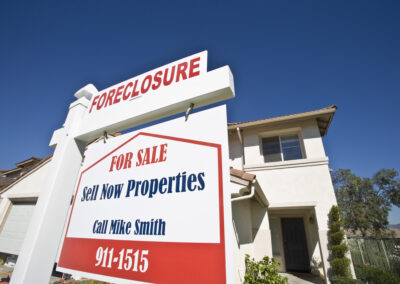Blog

What is preforeclosure and how do you make money from it?
What is Preforeclosure?
You might be wondering what the heck is a pre foreclosure! Well, it’s pretty simple, ...

Real Estate Investing Mentor Program
Do you want to get into real estate investing? Are you tired of not having enough money or working a day job that isn’t getting you where you want to be?

How Does A Mentor Help With Real Estate?
Are you new to real estate investing and looking for help making sound decisions? Getting into the real estate industry can be intimidating, even if...

How To Buy A House With No Money
Buying a home is one of the best investments you can make. Renting might be necessary for a time, but it’s mostly just a waste of money as you don’t...

What Is Wholesaling Real Estate?
Wholesaling real estate is a phrase you may have heard before if you’re interested in real estate. If you’ve considered getting into real estate...

How To Run A Successful Business
Running a successful business isn’t ever as easy as it sounds on paper. While it would be great if there was one secret trick guaranteed to help you...